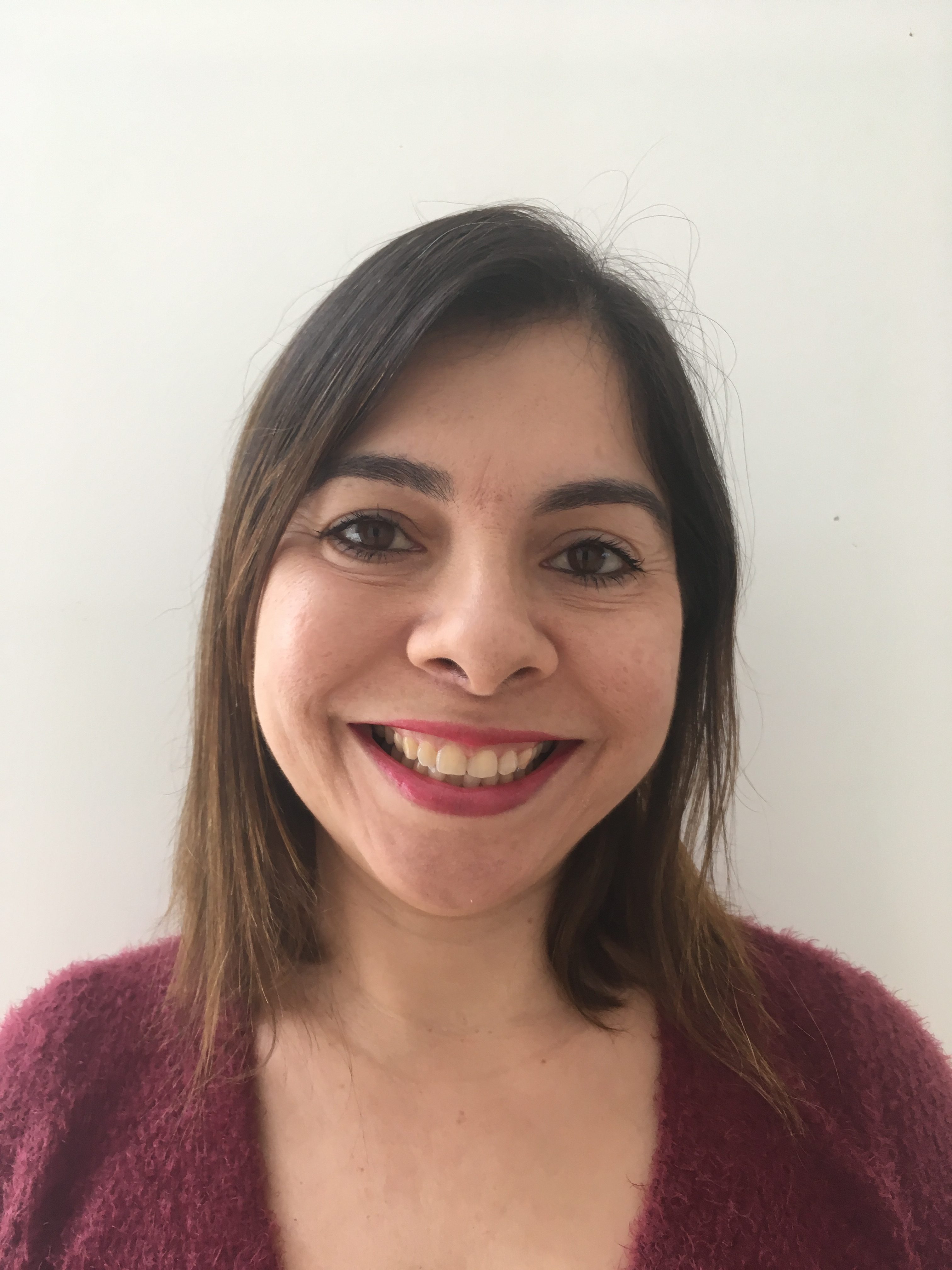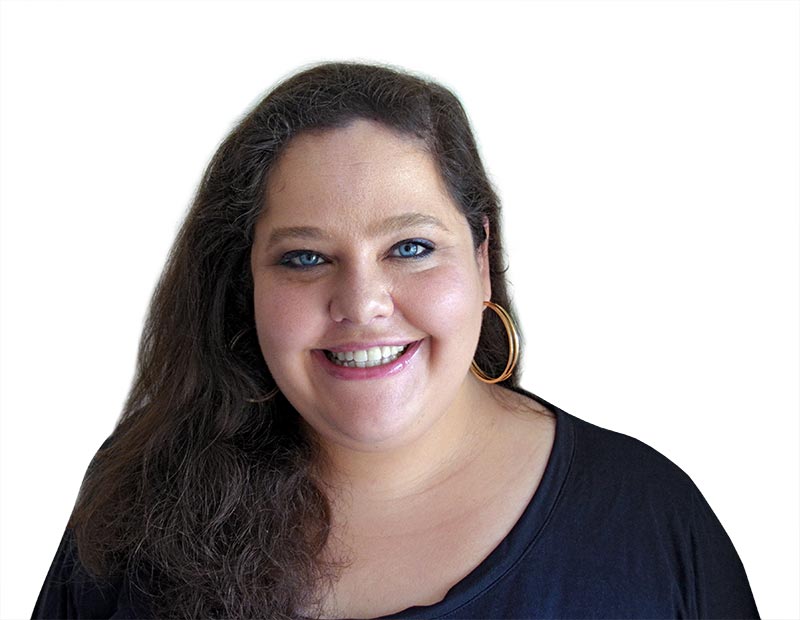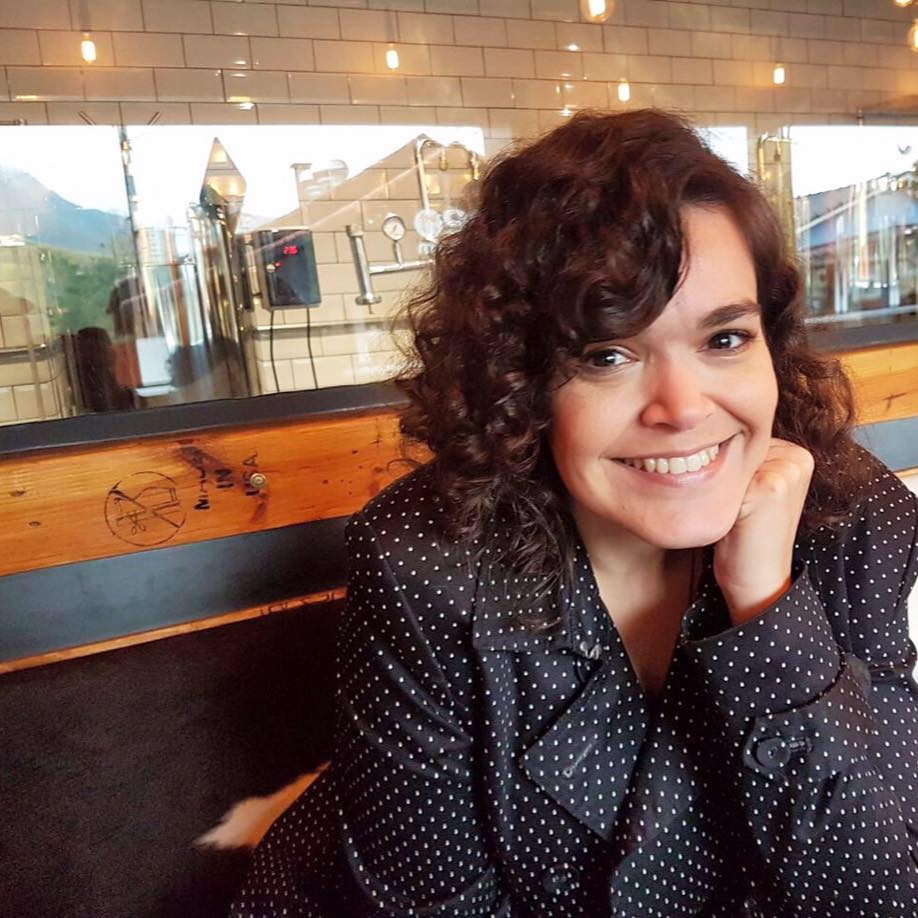Taking the English teaching profession more seriously – a more personal view
I am genuinely grateful for being a teacher and for working with the ELT area. I first had the idea of becoming a teacher when I was only nine years old. I used to play with a blackboard and chalk and I used to teach my younger brother and his friends how to read and write. Only when I reached the age of fifteen, did I realise I wanted to teach the English language, its components, its history, its culture, its literature, its beauty.
One of the things I find most striking is that we have the ability – and time – to develop and learn from every single lesson we teach. If the outcome did not live up to your expectations or even if one of the steps was confusing and students clearly did not understand the target language, you will always have the chance of improving your teaching skills and reinventing yourself.
Noticing you have to improve is important, but more than that is to have the will to achieve excellence. My first suggestion is to immediately start participating in Facebook ELT communities. Some of them are: ‘Private English Teachers – Reloaded’ and ‘BrELT – Brazil’s English language teachers’. They are non-physical spaces, ELT related, where you can share knowledge and learn from more experienced teachers. BrELT community has been carrying an online chat on topics you are allowed to vote for, and they have yearly conferences being held in Brazil.
You should doubtlessly be a member of BRAZ-TESOL, follow their page and website and participate in most, if not all of their conferences, talks, sessions, webinars, etc. You can start by reading the BT’s newsletters, what their beliefs are and talk to people involved to see how you can help more actively.
Furthermore, you should draw a development plan and for that, you can follow the British Council’s continuous professional development (CPD) framework. Through this, teachers develop their personal and professional qualities in a life-long scale, to improve their knowledge leading to not only their own empowerment but also the Institution’s and their students’. In this plan, you should add Cambridge courses, such as the CELTA and proficiency exams (CAE-CPE).
Generally speaking, being better prepared will make you eager to pass this knowledge on, which is directly connected to students’ motivation, awareness of the language’s elements and the learning that is taking place.
There are a lot of new movements asking Institutions to take our profession more seriously. Do not forget it has to begin with and amongst ourselves by doing the things I mentioned.
I am passionate and I always try to foster this feeling amongst my students. It really does not matter who they are: very young or older or even what position they hold: a system analyst, a headhunter, a mechanical engineer, a doctor, a bank clerk, a CEO, a politician or other teachers. What matters is that we are all going to be connected by only one language, and that is the English language.
‘BrELT – Brazil’s English language teachers’ https://www.facebook.com/search/top/?q=brelt%20-%20brazil%27s%20english%20language%20teachers
‘Private English Teachers – Reloaded’
https://www.facebook.com/groups/privateenglishteachersreloaded/
‘BRAZ-TESOL’
https://www.facebook.com/braztesol/
https://www.braztesol.org.br/site/view.asp
British Council – CPD
https://www.britishcouncil.in/teach/continuing-professional-development






